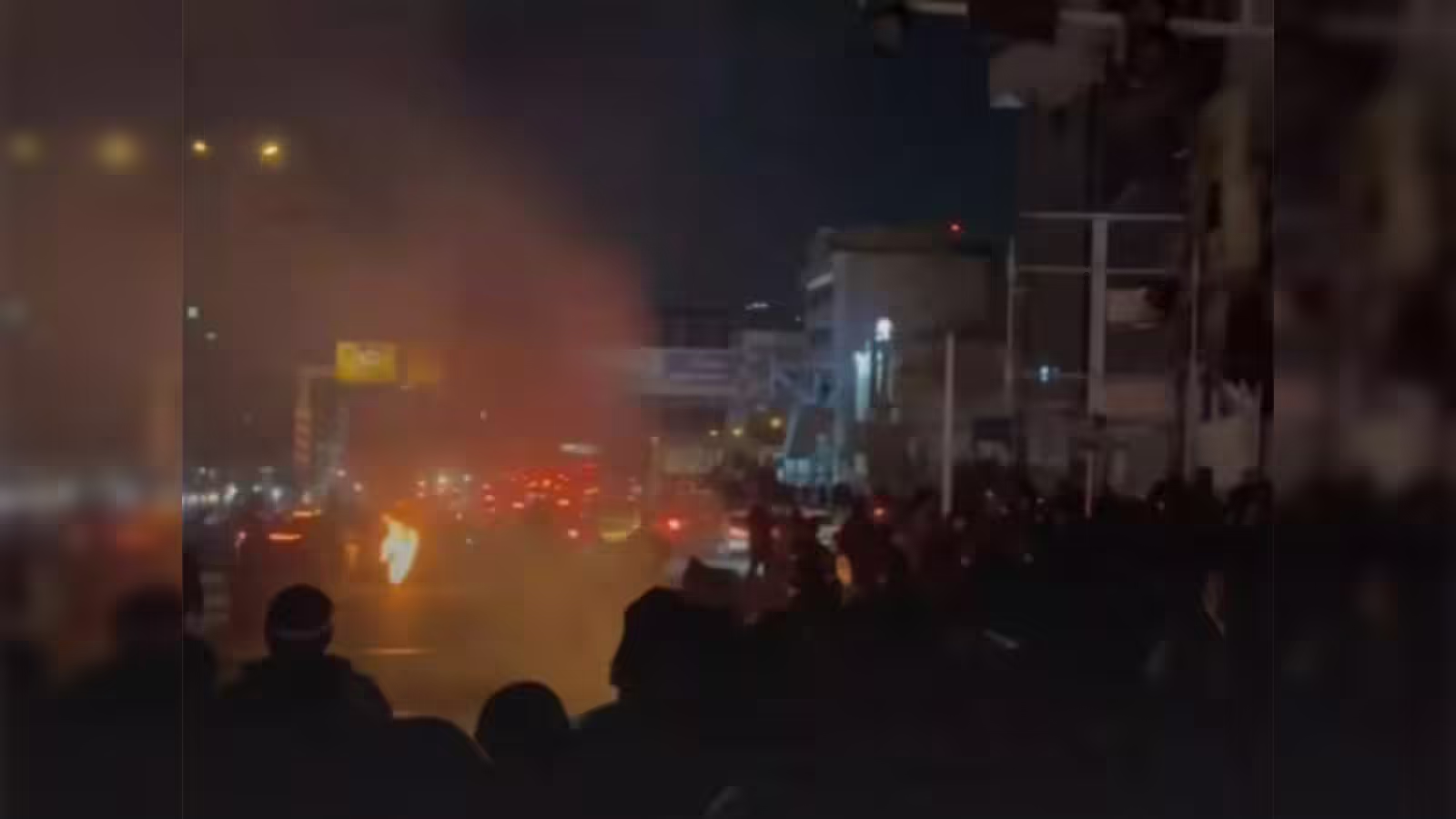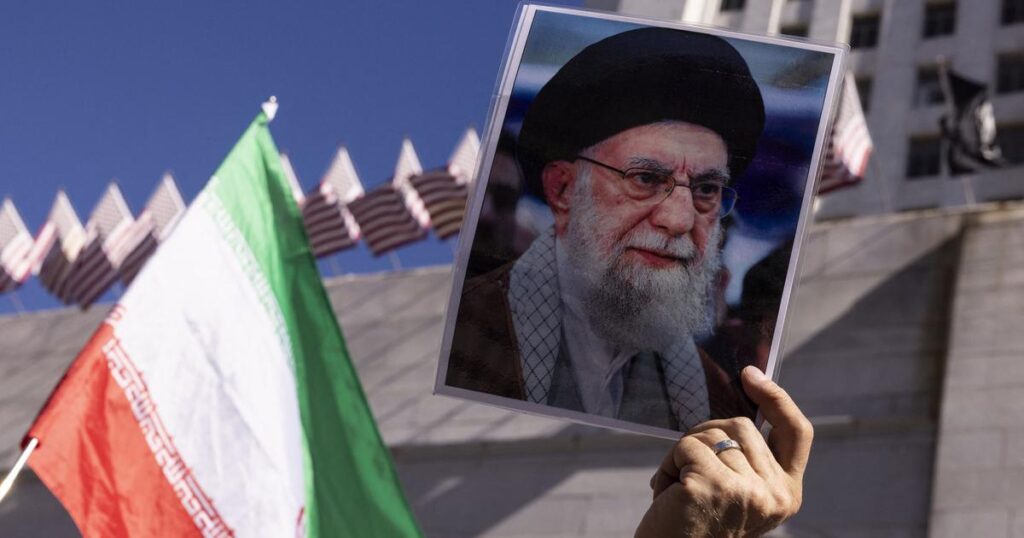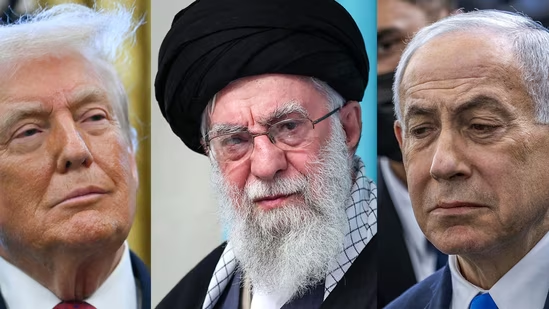
An Israeli battalion, which the US media reports Washington is likely to sanction over alleged rights violations against Palestinians, has a troubling history of transgressions and impunity, according to analysts and Israeli media.
The military’s Netzah Yehuda unit was established in 1999 to encourage ultra-Orthodox Jewish men to enlist but has since admitted other religious recruits, including residents of Israeli settlements in the occupied West Bank where it was deployed until 2022.
The ultra-Orthodox community, exempt from most military service since Israel’s inception in 1948, has faced increasing criticism for this disparity, particularly during the ongoing conflict with Hamas in Gaza.
Netzah Yehuda promises ultra-Orthodox recruits adherence to their religious practices, such as strict kosher diets, separation from women, and dedicated time for prayer and religious studies.
The unit has primarily attracted marginalized ultra-Orthodox youths seeking integration into Israeli society and employment opportunities, according to David Khalfa of the Jean-Jaures Foundation, a French think tank.
However, it has also drawn individuals with strong hostility towards Arabs, described by Khalfa as “rather radical religious nationalists,” contributing to its scandal-prone reputation.
Marwa Maziad, a visiting lecturer of Israel studies at the University of Maryland, noted that unlike most army units, Netzah Yehuda relies on volunteers, particularly religious Zionists with nationalist militaristic beliefs.
These individuals are closely associated with the extreme fringes of the Israeli settler movement, further complicating the unit’s dynamics.
Tasked with policing and counter-insurgency operations in the Palestinian territory of the West Bank, where three million Palestinians reside alongside 490,000 Israeli settlers in settlements deemed illegal under international law, Netzah Yehuda has faced numerous allegations of abuses.
Following reports of potential sanctions against Netzah Yehuda, the Israeli military defended its troops, stating they operate in accordance with the IDF code of ethics and international law.
However, the battalion’s conduct came under intense scrutiny after the January 2022 death of Palestinian-American Omar Assad at the hands of Netzah Yehuda soldiers in the West Bank.
Assad, 78, was handcuffed, gagged, and left on the ground for over an hour in freezing temperatures. Subsequent reports detailed incidents of beatings of Palestinians and attacks on Bedouin citizens of Israel, prompting concerns about the unit’s clear ideological ties to settlers and unauthorised outposts.
According to Khalfa, debates within the army over Netzah Yehuda’s role are ongoing, with some military officials viewing it as dangerous to bring together young people with a shared nationalist ideology.
Despite being transferred to the annexed Golan Heights following Assad’s death, Netzah Yehuda was redeployed to the West Bank and Gaza during Israel’s recent conflict with Hamas.
This return has reignited concerns about the battalion’s behavior, with Khalfa highlighting the sense of impunity that appears to shield the unit from accountability.
As the United States investigates Assad’s death, the possibility of sanctions against Netzah Yehuda looms, raising questions about its future conduct and the broader implications for Israeli military operations.




